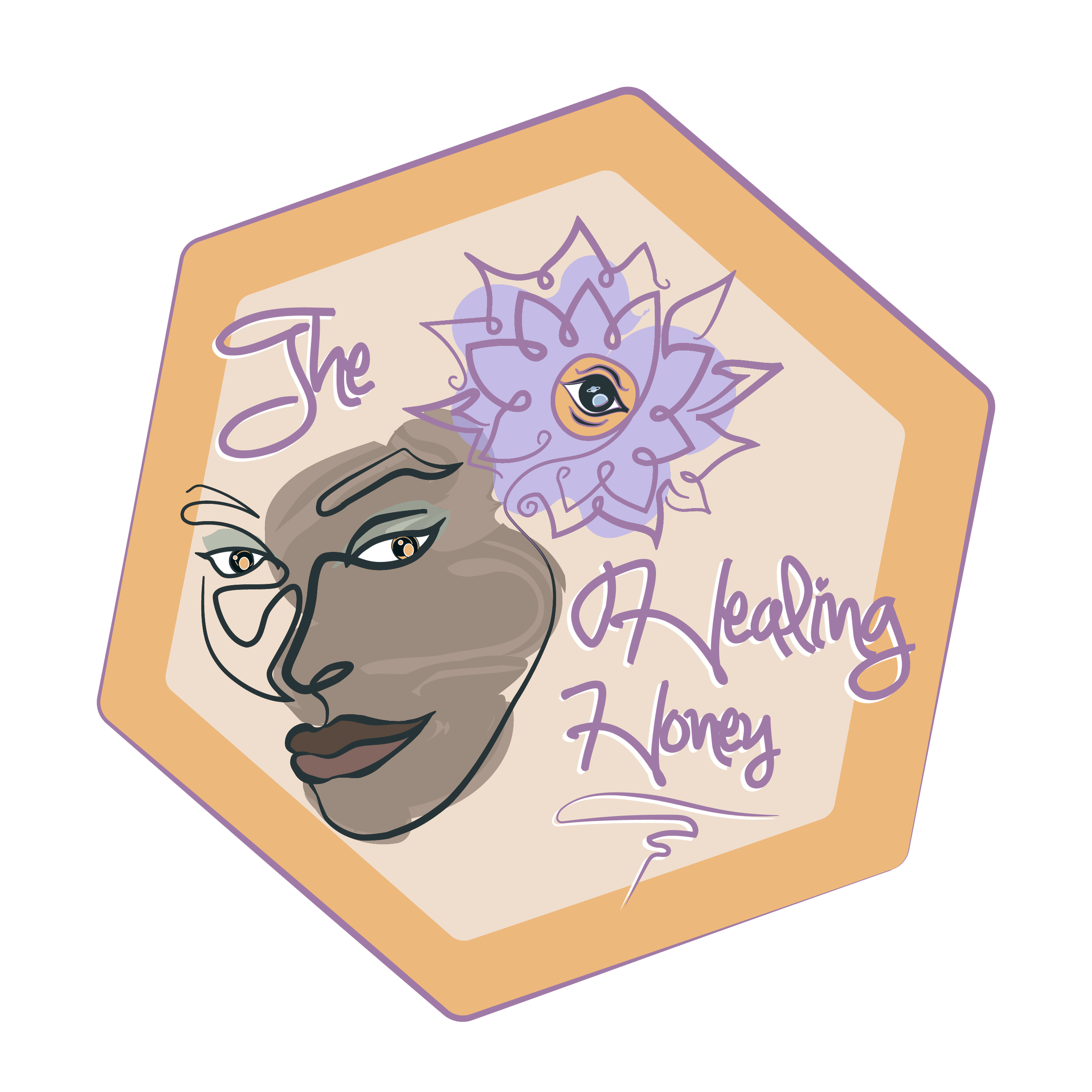Coping Skills 101
As a therapist, a lot of my time in sessions is dedicated to helping clients find positive coping skills to help them get through life’s difficulties. So in turn, I wanted to bring that to my blog; some tips to finding positive coping skills!
First, let’s discuss what coping skills are!
Basically, coping skills are the behaviors and actions people use to deal with life’s stressful situations. There are clear indicators in everyday situations you probably already recognize that demonstrate a need to learn essential coping skills. Have you ever felt yourself having panic symptoms? Or maybe you notice you get angry or easily annoyed by things that seem petty? When you find yourself feeling triggered by the little things, instead of succumbing to the emotions - try to positively cope with the situation!
I like to tell clients to store coping skills in their wellness toolkit. A wellness toolkit refers to all the tools you use to stay healthy, both mentally and physically. This is to emphasize that it’s important to have multiple coping skills at their disposal. For example, my wellness toolkit includes practicing yoga, reading, going for a float and watching funny videos on YouTube. These are some things that help me maintain wellness.
There are 2 overall types of coping skills: positive and negative. Positive coping skills help to decrease your stress and negative emotions. Meanwhile, the opposite would be maladaptive or negative coping: which results in increased stress or non-productive coping.
Now, let's talk about some different types of coping techniques, be mindful if any of these sound familiar.
Negative Coping Techniques Include:
denial
avoidance
blame: for self or others
dissociation: detachment from reality
sensitization: when repeated stimuli result in amplified response
self-medication: via substance or any self-administered exogenous means
escapism: mental diversion from boring or unpleasant life stimuli
rationalization: when controversial behaviors are explained in a seemingly rational way to avoid the true reason
Positive Coping Techniques Include:
humor: can help minimize perceived stressors
proactive coping: anticipating and preparing for a stressor
instrumental support: tangible/ physical assistance received from others
adaptive behavioral coping: problem focused coping that focuses on managing the stressor
appraisal-focused coping: adaptive thinking or chaining how you think about/view the stressor
emotional support: empathy, compassion and genuine concern from/for another being..or animal
emotion-focused coping: managing the emotions that come from the perception of the stressor. attempts to minimize, prevent or reduce the emotional effects of the stressor
social coping: perception that one is cared for, has available assistance and is part of a supportive network
Examples of Positive Coping Skills
Give yourself a hug
Take a bath or shower
Say some positive affirmations
Chew on ice cubes or sour candy
Give yourself a 5 minute break/time out
Take some deep breaths for at least 1 minute
Take a walk to change your scenery and get some cardio
In most cases, people try a mix of coping styles to find the right balance for them. I encourage everyone to try to practice proactive coping. By this I mean to stay prepared for inevitable stressors. We all know that stress will come, so be smart and prepare yourself in advance. This is why it is important to create your own wellness toolkit. An easy way to stay mentally and emotionally proactive is through self-care. Make sure you are constantly pouring into and taking care of yourself. I encourage folks to look at coping as a process instead of a singular event. Oftentimes when crisis happens, we only deal with the immediate effects while neglecting the overall picture.
Self-care is like a savings account for your mental health. As stressors occur, you can make withdrawals from your self-care deposits. By being consistent with your self-care you will be able to better adapt to and deal with life's stressors. Need some help with self-care, check out my post 3 Simple Steps to Self-Care.
I hope this gets you thinking about what your coping skills are. Are they more positive or more maladaptive?
